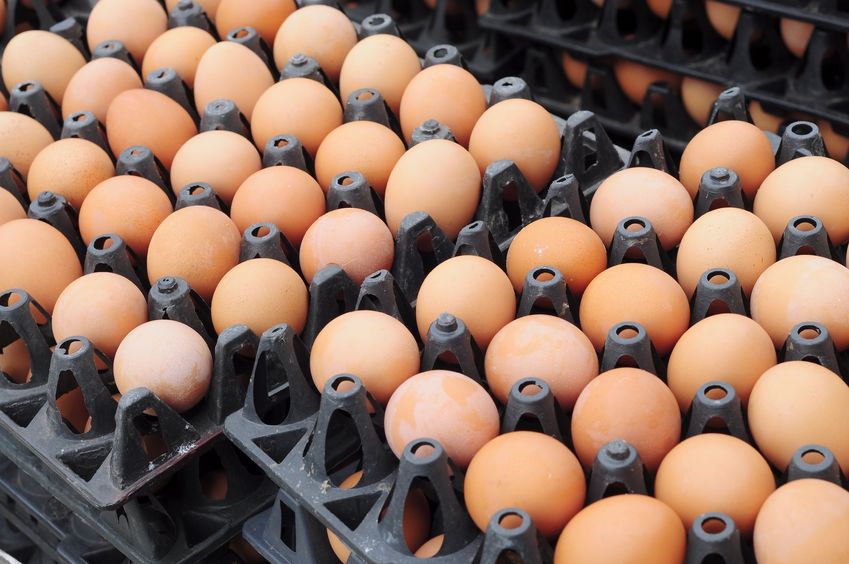
The free range egg industry said farmers will 'innovate and invest' to meet any rise in demand for their product following news that major retailers will stop selling caged eggs from 2025.
The British Free Range Egg Producers Association (BFREPA) said that a decision by the UK’s major retailers to only source non-cage eggs from 2025 will take about 775 million eggs a year off supermarket shelves.
The shortfall is expected to be met by both barn and free range systems.
Meanwhile, a population increase and steady growth in market share in the years leading up to 2025 are likely to organically grow sales of free range.
Speaking at BFREPA’s annual conference in Birmingham on Thursday (5 October), chief executive Robert Gooch said: “The free range sector has grown rapidly to occupy about 60% market share of retail egg sales, produced by over 20 million hens.
“We have a great track record in producing a safe, quality product that consumers value enormously and, while 2025 may seem a long way off, our members are looking ahead at how they can meet any increase in demand.
“We are perfectly positioned to deliver what retailers and major food brands need, and we urge them to make British free range eggs a major part of their sourcing policy going forward.”
Risks of importing
The recent Fipronil scandal, which affected Dutch eggs sold in products in major supermarkets, has highlighted the risks associated with relying on imported food.
Consumer demand for the use of British egg products, and clearer labelling of the origin of eggs used in prepared foods, has increased significantly following the Fipronil scandal, according to new research.
The research shows that three quarters of UK shoppers now say British eggs should always be used in prepared foods.
Mr Gooch continued: “The case for sourcing more British eggs is overwhelming. We have a ready-made assurance scheme in the form of the Lion Code which delivers everything that retailers need and consumers demand.”
Buy British
Ian Jones, Chairman of British Lion Egg Processors, agreed. He said it is important for consumers to now buy British eggs.
“The results are clear - the Fipronil contamination has underlined how important the use of British eggs in prepared foods is to consumers and we now ask retailers, food manufacturers and caterers to make a positive step towards giving them what they want,” Mr Jones said.
“It is clear that shoppers are increasingly concerned about the ingredients used in manufactured food and now more than ever need reassurance that their food is produced using quality British ingredients that are produced to high standards of food safety.
“The longer these inconsistent standards are allowed to happen, the more disappointed consumers are likely to become.
“Now is the time for food manufacturers, caterers and retailers to listen to the concerns of their customers and reassure them by specifying the use of British Lion eggs and using the ‘Made with British Lion eggs’ logo on packs.”
Increase in hens
To make room for the anticipated growth in the free range industry, BFREPA released its sustainability report.
It estimated that if demand for free range eggs from major retailers increases by 5% in 2025 then an additional 1.8 million laying hens are required.
That number jumps to 2.7 million hens if demand grows by 10%.
“Conservative estimates are that the required investment from the free range sector to meet a 5% increase in demand would be £58 million in new housing and equipment alone,” Mr Gooch said.
“Free range producers are not afraid of investment and expansion provided they have the confidence that there will be a market for their product.
“This is why it is important that retailers are clear and committed to British free range egg producers, and that they set out their procurement plans for post 2025 as soon as possible.”
